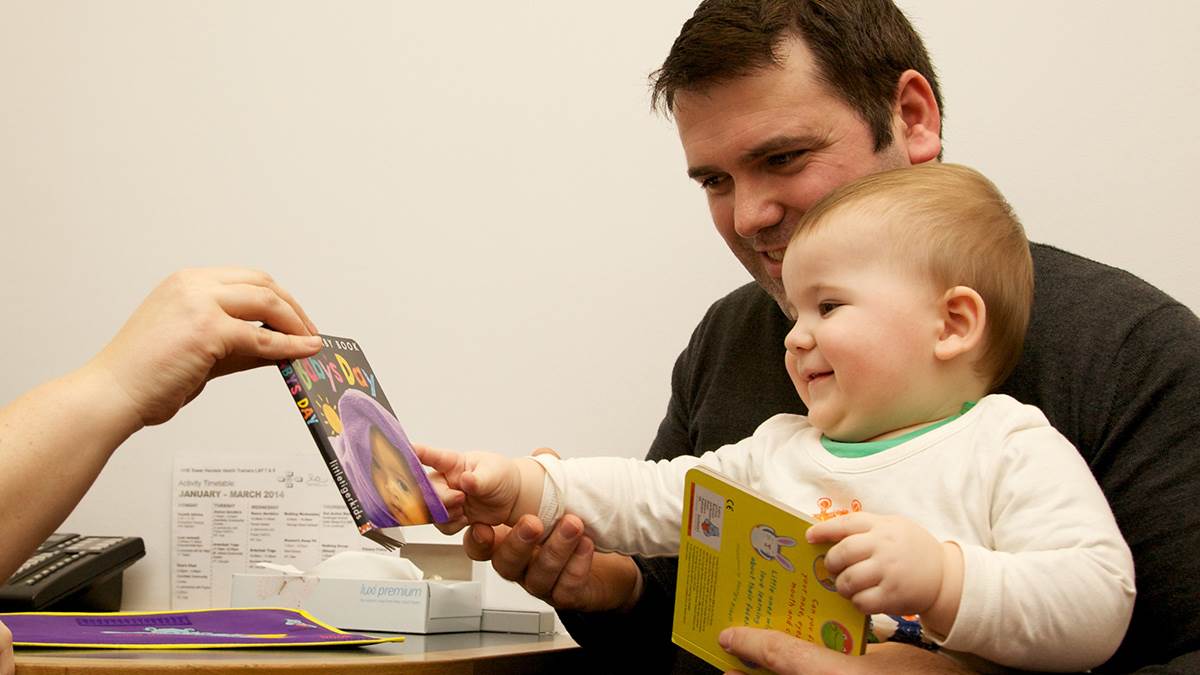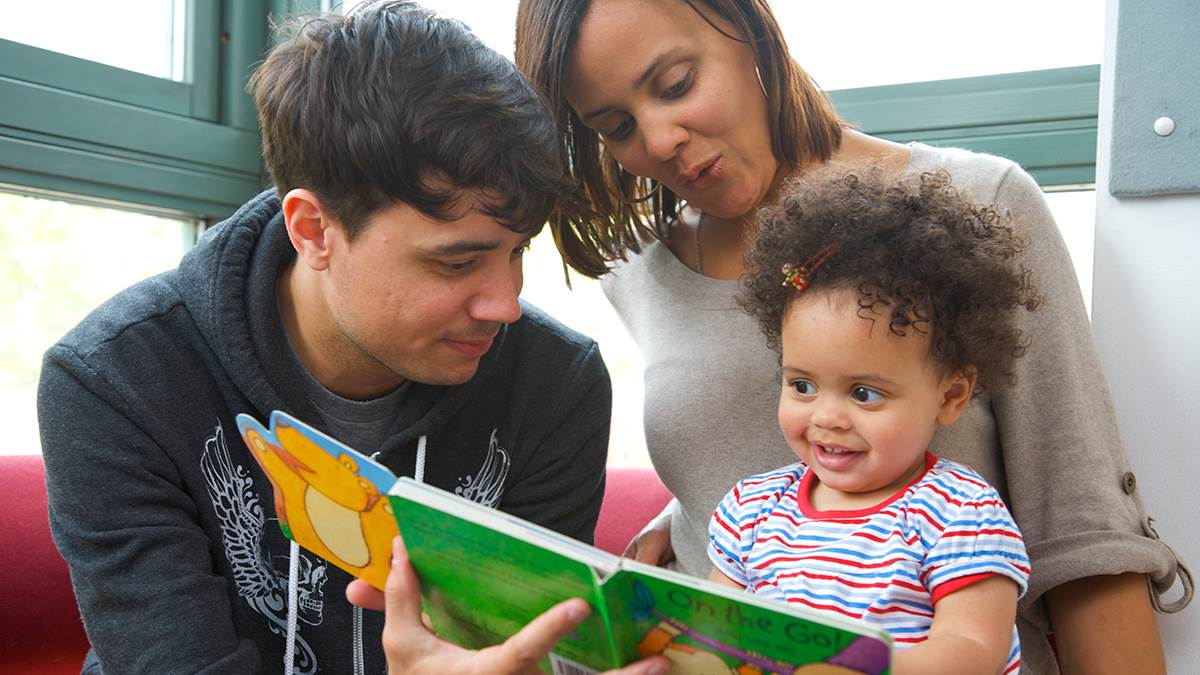Why reading matters
How we make a difference
BookTrust supports children and families to experience the joy of reading and its associated benefits through our programmes and activities.
New books we love
Our favourite reads of the month
We review lots of new books every month, and here's where you can find the ones we liked best of all.
What's happening?
Stay up to date
Make sure you don't miss a thing with BookTrust's news and blogs about everything to do with the children's book world.





